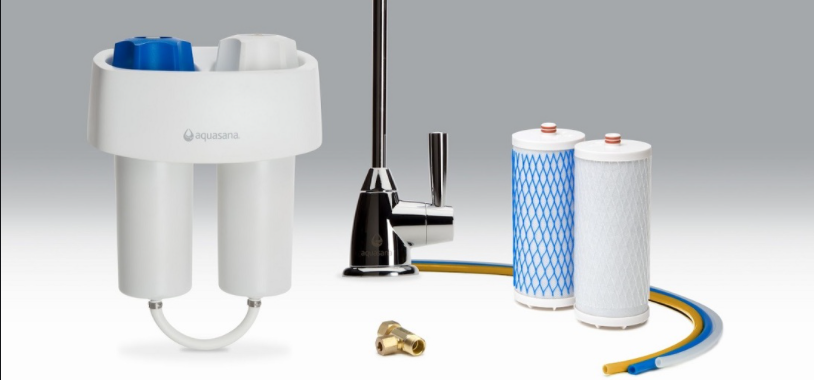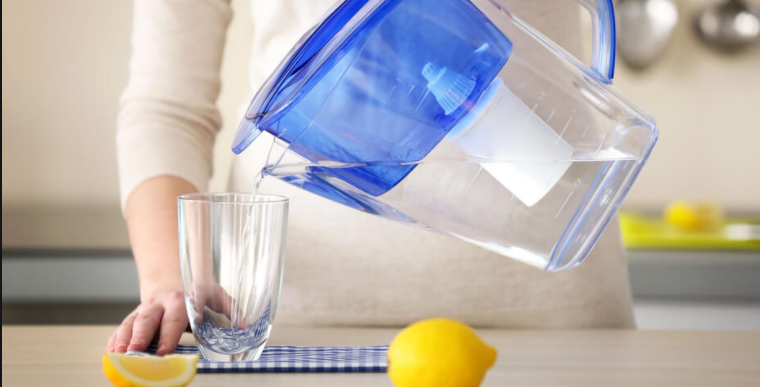Drinking water is our basic and most important need in our life. We cannot survive a single day without drinking water. However, as time is going, the quality of the drinking water is degrading. A water purifier comes into the market to solve this problem and provide you with a good drinking water supply.
Since there are different types of Water Purifier in the market, you need to know all those types and how they work. Otherwise, you cannot pick the right type that will work perfectly with your water. This article will help you know the types of purifiers available in the market.
Is Water Purifier Safe?
I believe that it is completely safe. Water purifiers work by filtering and purifying the water you put on it. Most purifiers come with multiple filtration processes. These processes remove pollutants and smell from the water. You may know that water consists of different physical and organic contaminants.
A good purifier removes all those contaminations, solids, and gases from the water with UV rays, chemicals, or carbon filters. These chemicals, UV rays, and other filters are not bad for humans at all. Also, it removes bacteria, viruses, unpleasant smells, and so on as well. That means all those filtration processes’ main purpose is to filter out fresh, clean, and contamination-free water for drinking and other uses. So a good purifier will be safe for you.
Types of Water Purifier
Due to the purifiers’ popularity, the market is now flooded with so many types of Purifiers. Finding the right purifier becomes tougher for you. So here are the main types of purifiers for you.

UV water purifier:
UV water purifier is one of the most popular types of water purifier in the market. It can work as a whole house UV water purifier with its capacity for cleaning water. It is a certified tech that kills the bacteria, viruses, and other in borne water microorganisms with the UV. Its best part is that it does not use any chemical to kill those organisms. Instead, it uses a UV lamp that releases UV light when the water passes and kills germs and bacteria.
However, since the UV purifier does not remove any particles or chemicals from the water, it is better to use this type of purifier for total dissolved water, such as river water or lake water. This type of purifier requires less maintenance as you have to replace the UV lamp once a year. Also, it does not change the water taste and keeps the minerals alive. Besides, it offers higher capacity filtering as well.
Activated carbon:
Activated carbon is a filter made from coal that effectively removes chemicals and metals present in the water. Generally, carbon filters are made from charcoal. It is divided into small pieces and created a filter. With this filter, the purifier traps that contamination and purifies the water easily when the water passes.
One of the main benefits of this purifier is that it removes large particles and heavy metals easily. Besides, it removes odor as well. However, it cannot remove the dissolved salt from the water. Also, it does not clean the bacteria and viruses too. That means it is good for the water that consists of large particles but not dissolved salt or germs.
Sediment filter:
Another type of filter is the sediment-water filter. This filter is used along with other filters such as carbon filters or UV filters. Since this is a pre-filter, it removes the large particles from the water, such as dust, mud, sand, and others. It comes with a round shape and is installed in a plastic container.
With this filter, you can get water free from any visible objects in the water. However, it cannot remove any dissolved solids from the water. Also, it does not kill any viruses at all. It works only as a pre-filter.
Reverse Osmosis Purifier:
In the reverse osmosis purifier, a RO membrane is there through which water passes. During the passing, the RO membrane removes dissolved particles such as arsenic, chlorine, lead, and others. This purifier is the most effective in terms of cleaning the water from dissolved particles and chemicals.
At the same time, it does not damage the taste as well; instead, it improves the taste by purifying it. However, it requires electricity to run and also, it wastes a lot of water during the purification as well.
Ultrafiltration:
In this purifier, a hollow fiber of a membrane is used instead of an RO membrane to clean the water. When the water goes through it, it captures the particles from the water. Actually, RO and Ultrafiltration are almost the same. However, Ultrafiltration cannot remove chemicals and small particles like RO. It is capable of removing large particles.
That means it will be suitable for water that consists of large particles only. It can work without electricity, unlike the RO purifier. However, it often needs maintenance and cleans up and, at the same time, cannot work with hard water.
How Do Water Purifiers Work?
Water purifiers consist of filters. When the water goes through it, the filter captures the large particles from the water. Also, some filters can capture small particles and bacteria and viruses as well. Some purifiers use chemicals that react with the chemical in the water and remove all those harmful chemicals and smells from the water.

However, many filters come with multiple filters. At first, the water goes through a pre-filter where all the large particles are removed. Then it goes through another filter where the small particles and germs are cleared. A chemical reaction then happens to remove chemicals and odor from the water, and you get the freshwater.
Final Verdict
A good purifier will deliver you fresh and clean water every time. However, it will work fine only when you pick up the right one. If you choose a purifier that works to remove large particles from the water and your water contains small particles, then the purifier will not work.
That is why it is important to know the types of Water Purifier available in the market and choose the right one wisely. Only then you can ensure clean water for you and your family. You know, if the water is contaminated, you will get ill for sure, even if you take other precautions. So make sure you know the type and choose the right type easily.